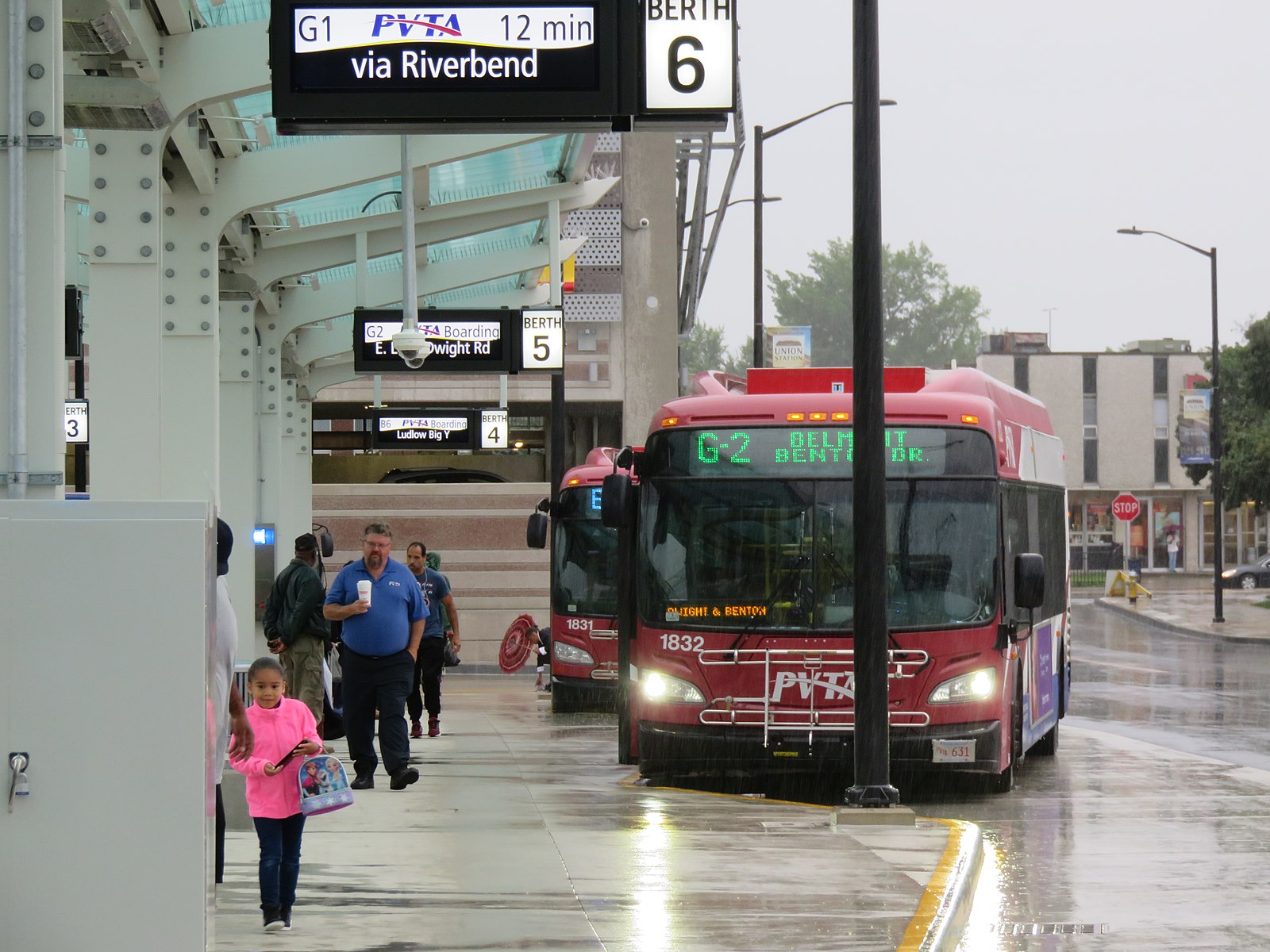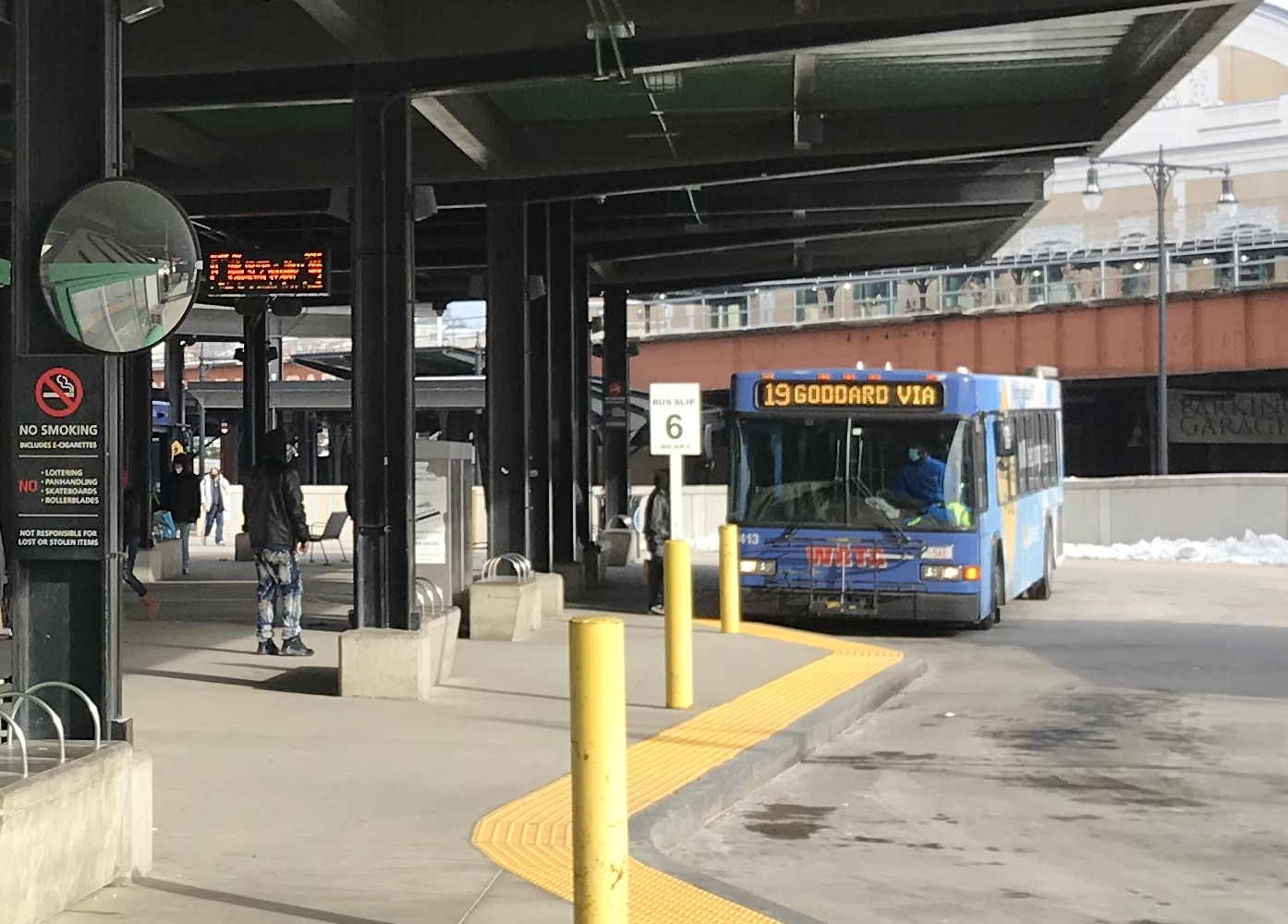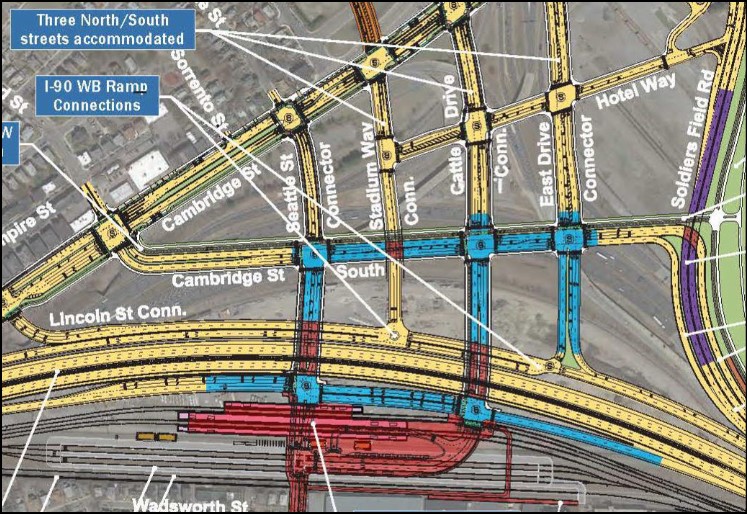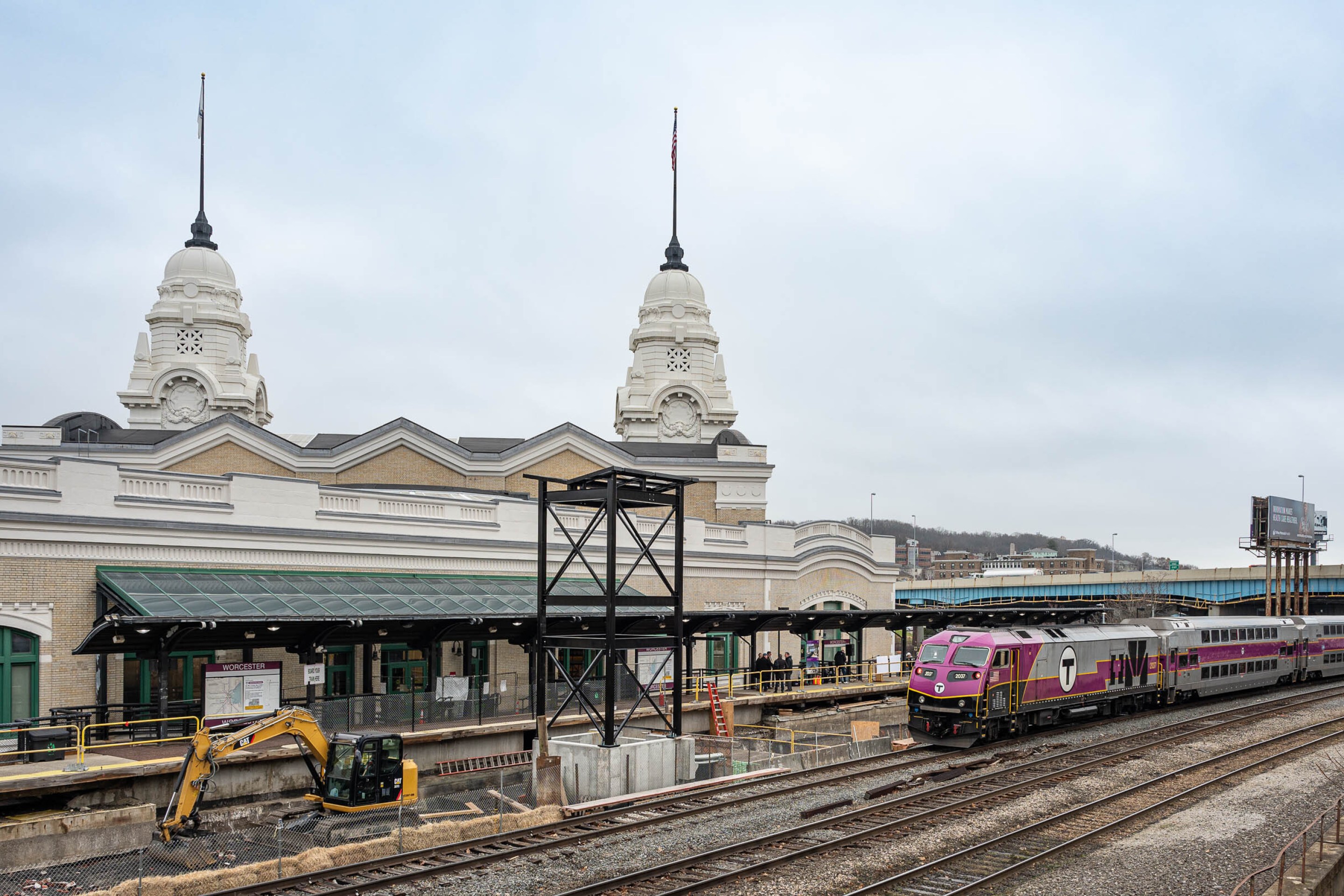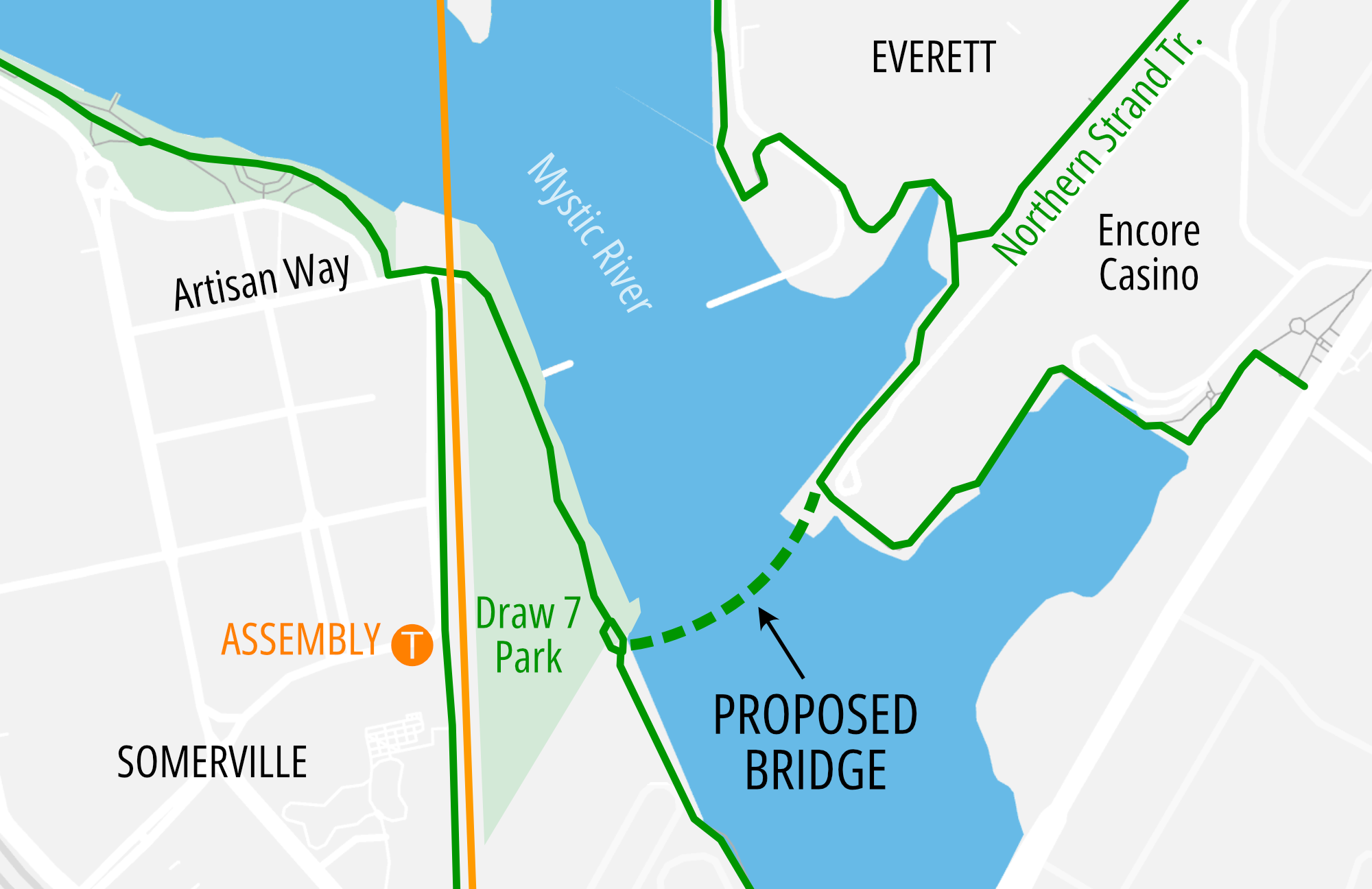Lawmakers on Beacon Hill have overridden a veto from Governor Baker to give Massachusetts Regional Transit Authorities (RTAs) a modest budget increase for 2022.
Earlier this month, the Legislature passed a 2022 budget bill that would have given the RTAs $94 million in funding for the upcoming fiscal year: an increase of $3.5 million (or 3.9 percent) over the $90.5 million allocated to RTAs in fiscal year 2020 and in 2021.
RTAs typically rely on state funding to cover about 39 percent of their collective operating budgets. But unlike the Boston region’s MBTA, which can bank on a one percent slice of the state sales tax as a dedicated source of revenue, the RTAs face uncertainty every year as legislators carve out RTA funding levels in competition for many other demands.
The $3.5 million budget increase will not be enough to keep pace with inflation: RTAs got $90.5 million in state funding in June 2019, which would be worth about $96 million in inflation-adjusted dollars in June 2021, according to the federal consumer price index.
Nevertheless, on July 16, Governor Baker used his line-item veto power in an attempt to flat-fund the RTAs at $90.5 million for the third year in a row.
Then, last Thursday, the Legislature overrode Baker's veto to restore the $94 million figure.
In a press release, John Stout, transportation advocate at MassPIRG, wrote that "with $94 million in base funding, the Commonwealth will be able to build a transportation system that meets our 21st century needs. This is a critical step forward for RTAs and will provide them with much needed resources to expand service for the over 32 million Bay Staters who rely on them.”
Baker signs bill establishing new MBTA board
The Governor also used his pen to do something positive for transit last week: he signed a budget reconciliation bill that will establish a brand-new governance board for the MBTA.
The T has been operating without a designated oversight board since its Fiscal and Management Control Board (FMCB) dissolved on June 30.
Under the new law, though, the Governor will convene a new MBTA governance board, which will be required to meet "at least one time per month" and consist of an ex officio secretary, one member appointed by the MBTA advisory board, and 5 members appointed by the Governor.
Of the gubernatorial appointees, the bill further specifies that one member will be someone with experience in safety, one with experience in transportation operations, one with experience in finance, and one will be a regular transit rider who represents an "environmental justice" population. The final appointee will be selected from three candidates recommended by the Massachusetts State Labor Council.
Unlike the FMCB, the new governance board would also have subcommittees, each consisting of three members, including one focused on "safety, health, and the environment," one for "planning and workforce development," and a finance committee.
In a statement, the Transit is Essential Coalition thanked the Governor and the Legislature for establishing the new governance structure.
"At a critical moment for public transit, this new board will center equity, affordability, and accessibility while giving riders a stronger voice," says the Coalition. "We look forward to working with the new board in support of a better and more reliable T than ever before.”
As of Monday, the Governor had not yet nominated any potential board members, and a date for its first meeting had not yet been set.
